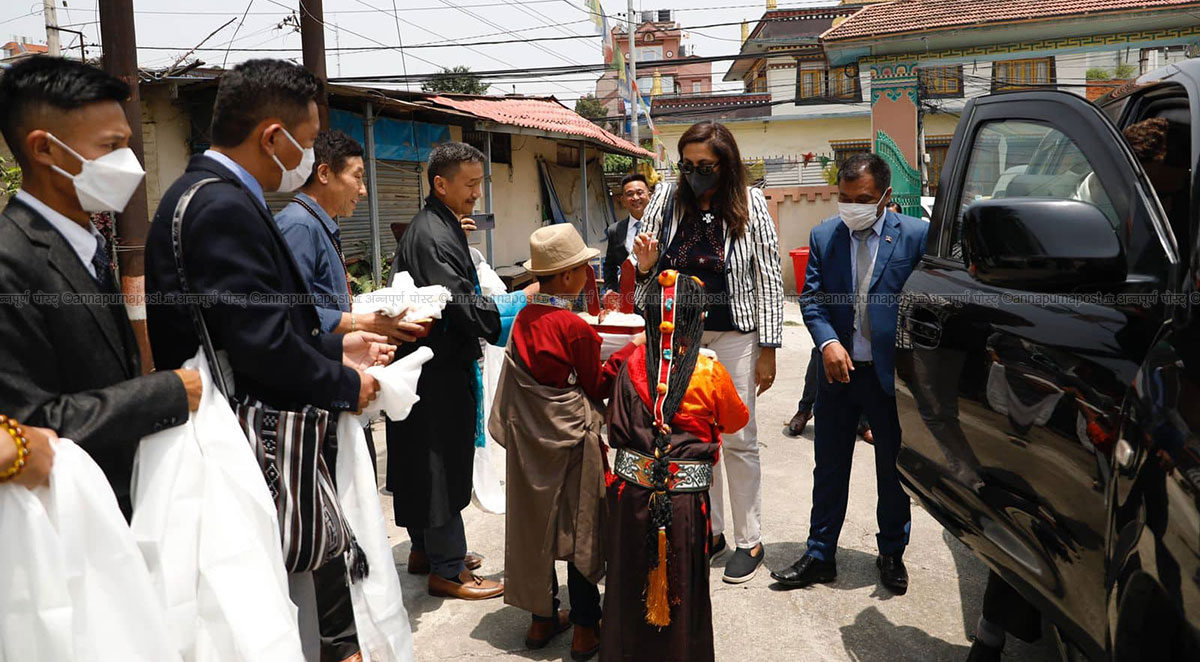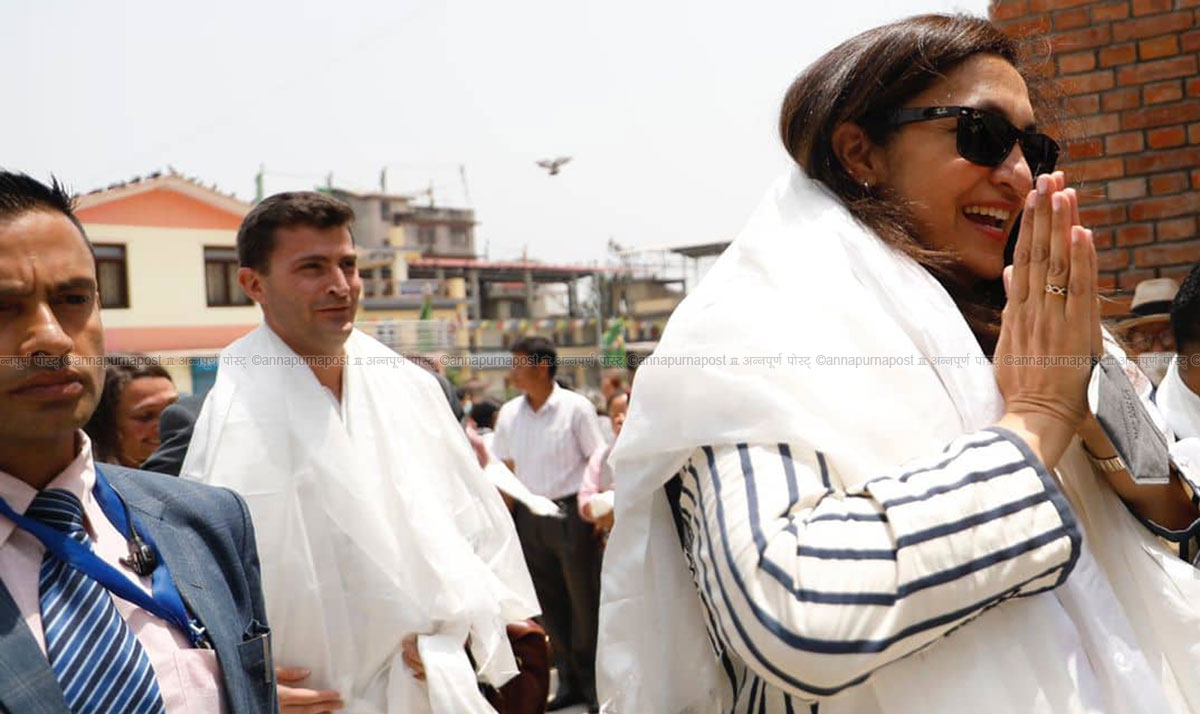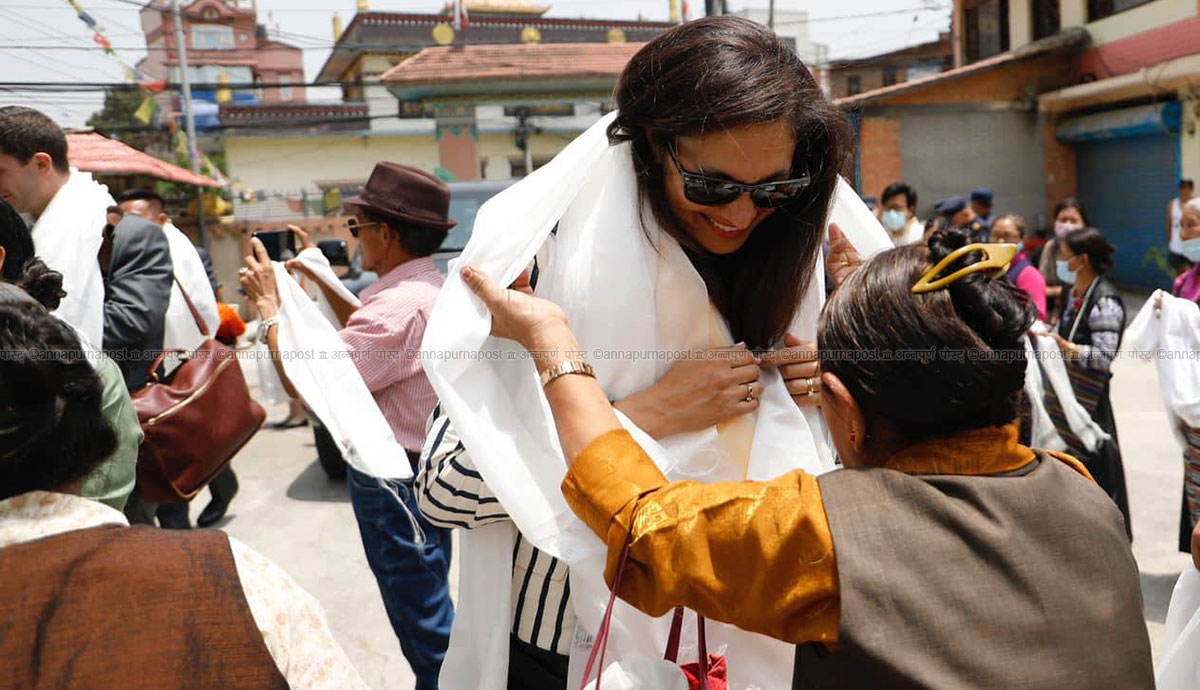America’s Indo-Pacific Strategy incites confrontation and creates division, says Chinese Foreign Minister
Chinese Foreign Minister Wang Yi has said that the United States is redoubling its efforts to peddle the so-called Indo-Pacific Strategy aimed at containing China. U.S. Indo-Pacific Strategy is triggering more and more vigilance and concerns in the world, especially in Asia-Pacific countries, he said.
“The so-called "strategy" has given itself away, as it not only aims to erase the name of "Asia-Pacific" and the effective regional cooperation framework in the Asia-Pacific region but also aims to efface the achievements and momentum of peace and development fostered by regional countries with joint efforts for decades. It's fair to cite a Chinese saying to describe the strategy; that is, "Sima Zhao's ill intent is known to all."
Wang Yi stressed, that conflicts and confrontations dominated by hegemony remain fresh in the memories of people in the Asia-Pacific region, who are now pursuing national stability and happy life. Asia-Pacific countries are generally reluctant to take sides, and the mainstream voice is that they hope that all countries can live in harmony and engage in win-win cooperation, he adds, and that the trend of the times in the Asia-Pacific region is to promote regional integration and build an Asia-Pacific community with a shared future.
Facing the turbulent and changing world, the region has maintained overall peace and stability, and Asia's development has taken the lead in getting out of the shadow of the pandemic, with the GDP growth rate in 2021 reaching up to 6.3 percent, said the senior Chinese diplomat.
Facts will prove that the so-called Indo-Pacific Strategy is in essence a strategy that creates divisions, incites confrontation, and undermines peace, he said.
In a strong message to China, U.S Special Coordinator on Tibet meets Tibetan community representatives
U.S. Special Coordinator on Tibet Uzra Zeya, who is currently on a three-day visit to Nepal, met with the representatives of the Tibetan community in Kathmandu, on May 21.
The visit is being seen as a strong message to China. In recent weeks, U.S and China are at fresh loggerheads over Taiwan and Tibet issues.

On May 21, she visited the Tibetan refugee camp at Lalitpur followed by a visit to Boudhanath Stupa. In Lalitpur, she held discussions with representatives of the Tibetan community about their human rights issues. Before arriving in Nepal, she visited Dharmashala, India, and met spiritual leader Dalai Lama.
China has opposed US Under Secretary and Special Coordinator for Tibetan Issues Uzra Zeya’s meeting with the head of the “Tibetan government-in-exile” and some Tibetan representatives in India on May 18 in Dharmashala, India.
Chinese Foreign Ministry Spokesperson Zhao Lijian in a regular press briefing on May 19 said the so-called “Tibetan government-in-exile” is an out-and-out separatist political group and an illegal organization in total violation of China’s Constitution and laws. It is not recognized by any country in the world, he said. The U.S is urging the Nepal government to ensure the human rights of Tibetan refugees in Kathmandu.

America, however, has accused China of misrepresenting its policy on Tibet and Taiwan. Ned Price, State Department Spokesperson on May 21 said, “The United States does not subscribe to the PRC’s “one China principle” – we remain committed to our longstanding, bipartisan one-China policy, guided by the Taiwan Relations Act, Three Joint Communiques, and Six Assurances.”
The United States has said it strongly advocates for Taiwan to regain its observer status in the World Health Assembly (WHA) the decision-making body of the World Health Organization (WHO), leading into its annual meeting May 22-28 in Geneva.

Xi calls on BRICS countries to build global community of security for all
Chinese President Xi Jinping on Thursday called on the BRICS countries to work together to build a global community of security for all.
Xi made the remarks while delivering a video address at the opening session of the BRICS Foreign Ministers' Meeting.
Xi noted that currently, the impacts of major changes and a pandemic unseen in a century are being combined, and factors of instability, uncertainty and insecurity are increasing in the international situation.
"Despite it, peace and development remain the unchanging theme of the times, the aspiration of people across countries for a better life remains unchanged, and the historical mission for the international community to pursue solidarity and win-win cooperation remains unchanged," Xi said.
As a positive, inspiring and constructive force in the international community, the BRICS countries need to firm up belief, brave the storms and waves, and take real action to promote peace and development, uphold fairness and justice, and advocate democracy and freedom, so as to inject stability and positive energy into international relations in a period of turbulence and transformation, Xi said.
President Xi stressed that both history and reality tell us that seeking one's own security at the expense of others' will only create new tensions and risks. To promote common security in the world, he put forward not long ago the Global Security Initiative (GSI).
BRICS countries need to strengthen political mutual trust and security cooperation, maintain close communication and coordination on major international and regional issues, accommodate each other's core interests and major concerns, respect each other's sovereignty, security and development interests, oppose hegemonism and power politics, reject Cold War mentality and bloc confrontation, and work together to build a global community of security for all, Xi said.
Development is a common task for emerging markets and developing countries, Xi underscored, adding that facing the various risks and challenges of the day, it is more than ever important for emerging markets and developing countries to strengthen solidarity and cooperation.
He called on the five BRICS countries to engage in dialogue and exchanges with more emerging markets and developing countries to increase mutual understanding and trust, tighten the bond of cooperation, and deepen the convergence of interests, so as to make the pie of cooperation bigger and the force for progress stronger, and contribute still more to the lofty vision of building a community with a shared future for mankind. Source: Xinhua
Foreign Ministry to celebrate foreign service day
Ministry of Foreign Affairs has decided to observe foreign service day on 10th Jestha every year. The first foreign service rule was enacted 61 years ago on the same day. MOFA will be organizing a special function on the same day and will also facilitate MoFA staff.



















